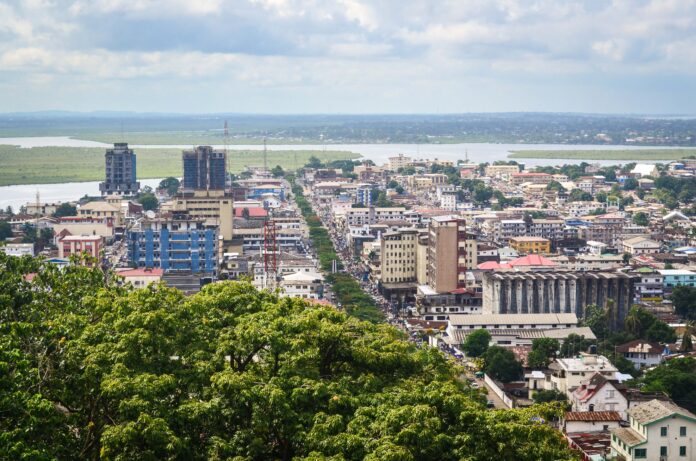1. Founding and Origins: Monrovia, the capital and largest city of Liberia, has a rich history that dates back to the early 19th century. It was founded during the administration of U.S. President James Monroe, after whom it was named. The American Colonization Society established Monrovia as a settlement for freed American slaves. The first town was established in 1822 on Providence Island at the mouth of the Mesurado River.
2. Connection to U.S. History: Monrovia’s naming reflects the ties between Liberia and the United States. The city became a beacon of hope for African Americans seeking freedom and opportunity. Descendants of settlers from North America, most of whom arrived between 1830 and 1871, played a significant role in shaping Monrovia’s culture and development.
3. Economic and Cultural Hub: Monrovia is strategically located on Bushrod Island and Cape Mesurado, making it the chief Atlantic port of Liberia. As the national center of commerce and transportation, it attracted various enterprises, including petroleum, paint, tuna, pharmaceutical, and cement industries. The city boasts prominent buildings such as the Capitol, the Executive Mansion, the City Hall, and the Temple of Justice. However, many of these structures suffered damage during the civil war that began in 1990.
4. Educational Center: Monrovia is also Liberia’s educational hub. It is home to the University of Liberia, which was founded in 1862 and established as a university in 1951. The city hosts the modern Monrovia Consolidated School System complex and several church secondary schools. Medical facilities include the John F. Kennedy Memorial Hospital and other government and private clinics.
5. Launching the Organization of African Unity: In 1961, Monrovia hosted the Monrovia Conference, a historic event that served as the launchpad for the Organization of African Unity (now known as the African Union) in 1963.
Monrovia stands as a testament to resilience, cultural fusion, and historical significance. Its streets echo the legacy of freed American slaves who sought a new beginning on African soil, and its vibrant spirit continues to shape Liberia’s identity.







